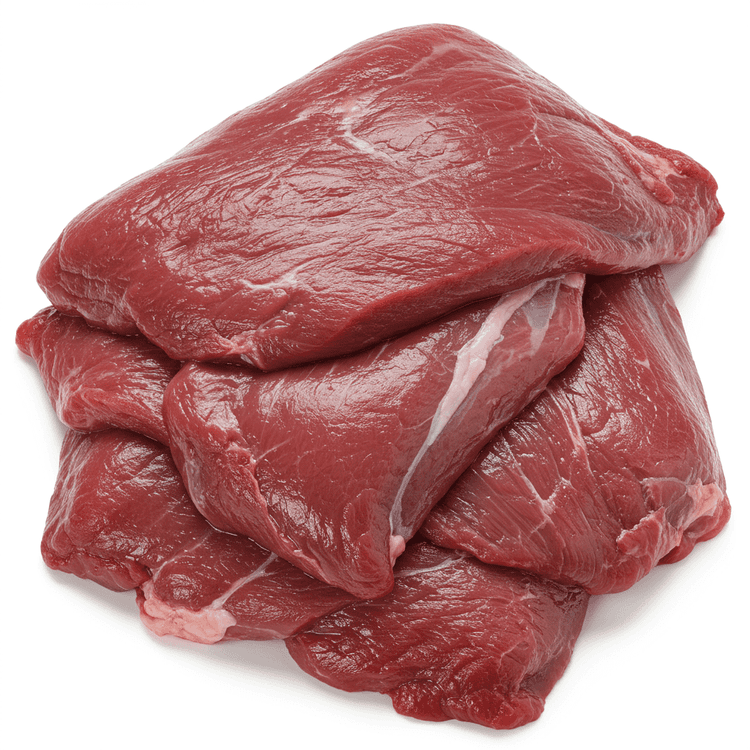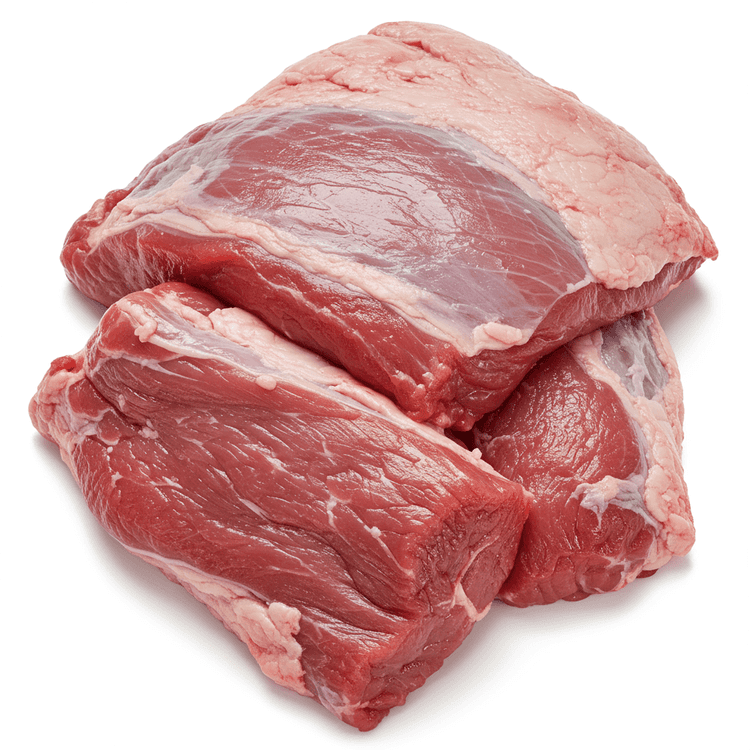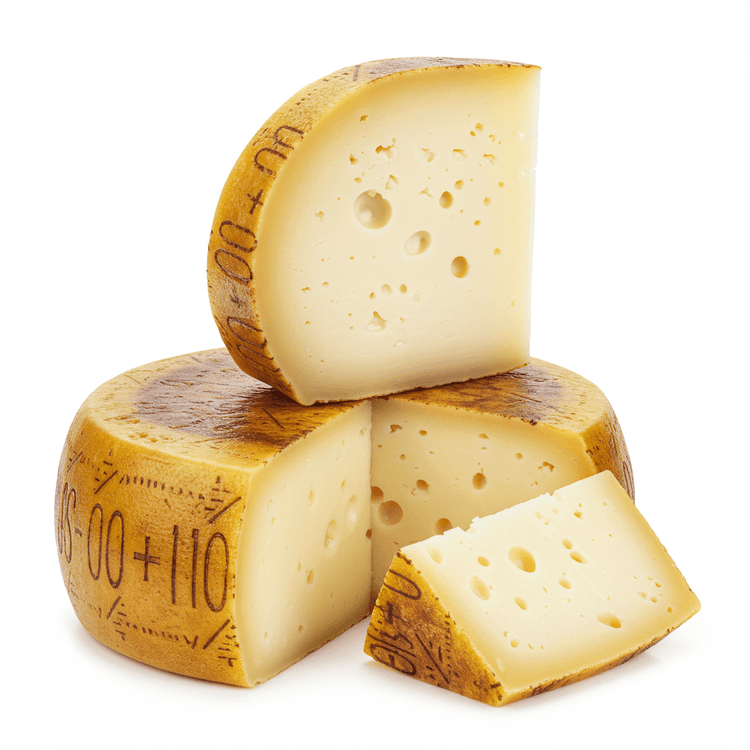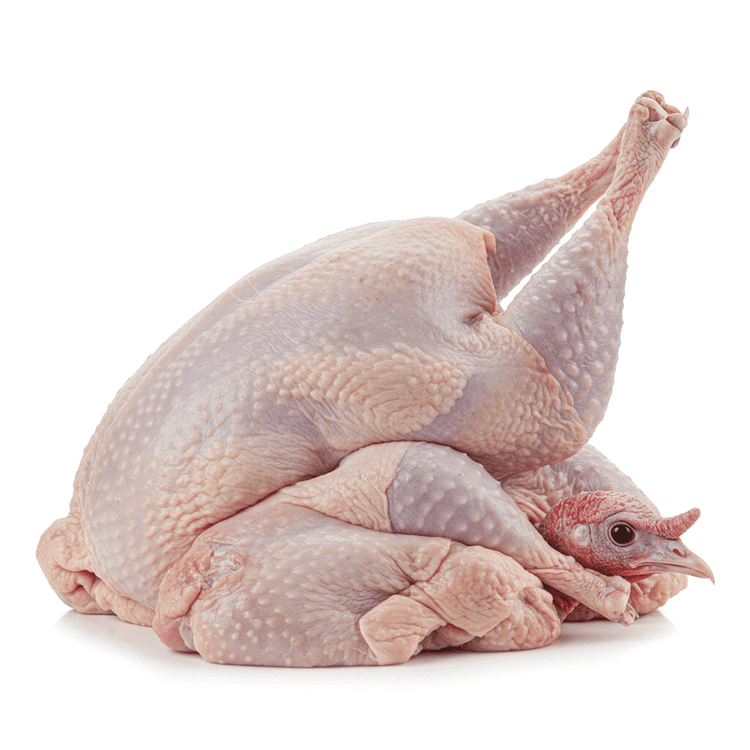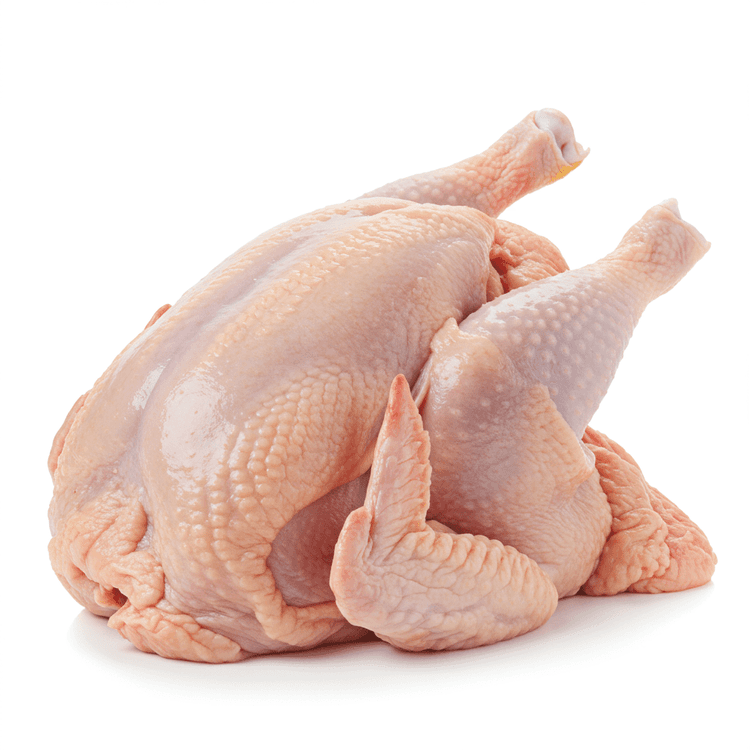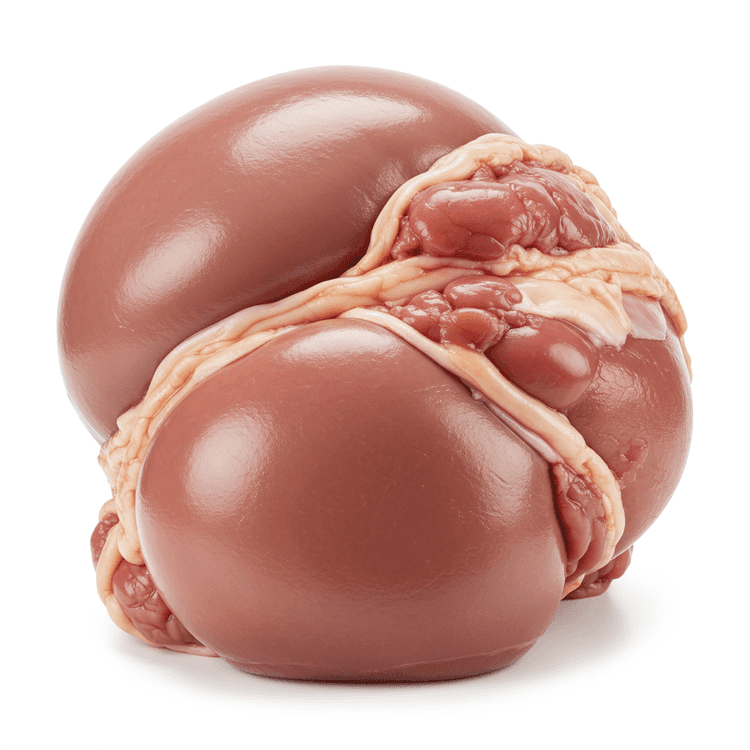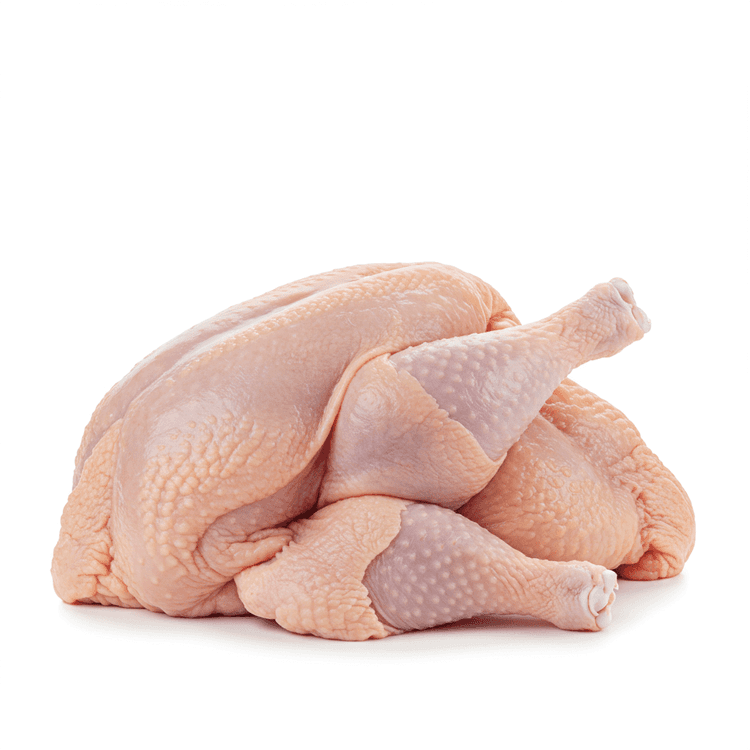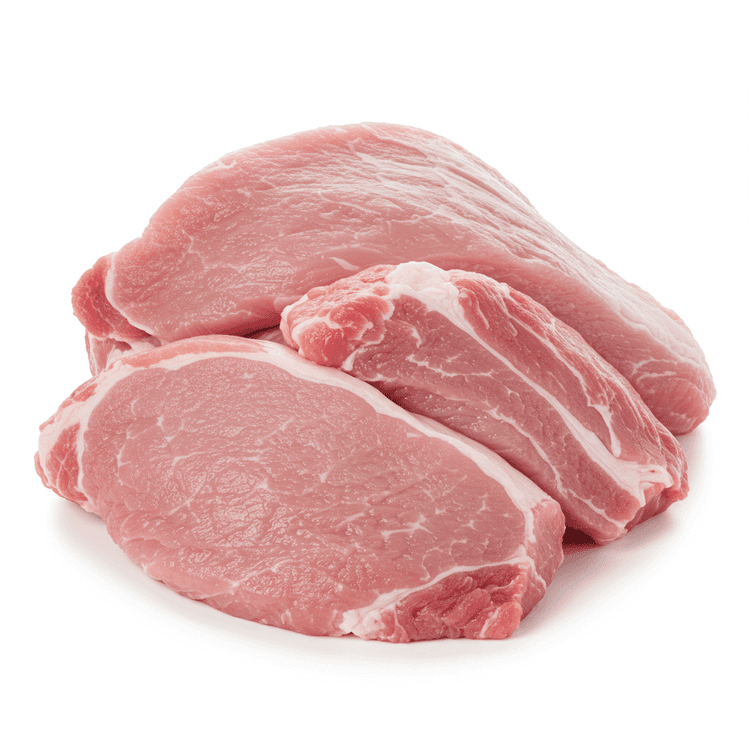
Pork
Pork, a versatile and widely consumed meat, comes from domestic pigs. It offers a rich, savory flavor that can range from subtly sweet to intensely umami, depending on the cut and preparation. The texture varies greatly, from the tender, melt-in-your-mouth quality of pork tenderloin to the crispy, succulent texture of bacon. Visually, raw pork ranges in color from pale pink to a deeper reddish-pink. Looking for high-quality pork for your next recipe? Pork is a delicious protein source and easily adapts to various cooking methods. Consider different cuts of pork like pork shoulder, pork belly, or pork chops for versatile recipes.
Common Uses
- For making pulled pork sandwiches: Pork shoulder is slow-cooked until it's fall-apart tender, then shredded and mixed with barbecue sauce for a classic pulled pork sandwich filling.
- For grilling or pan-frying pork chops: Pork chops can be seasoned with herbs and spices and quickly grilled or pan-fried to a juicy, flavorful main course.
- For making crispy bacon: Pork belly is cured and smoked to create bacon, which is then fried until crispy and served as a breakfast staple or added to sandwiches and salads.
- For roasting pork loin: Pork loin can be roasted whole with herbs and vegetables for a flavorful and impressive centerpiece for a dinner party.
- For grinding into sausage: Ground pork, seasoned with various spices and herbs, can be used to make a wide variety of sausages, from breakfast sausage to Italian sausage.
- For braising pork ribs: Pork ribs are braised in a flavorful sauce until they are tender and fall off the bone, often served with barbecue sauce or other glazes.
Nutrition (per serving)
Nutrition (per serving)
Calories
297.0kcal (14.85%)
Protein
25.7g (51.4%)
Carbs
0.0g
Sugars
0.0g
Healthy Fat
12.0g
Unhealthy Fat
8.2g
% Daily Value based on a 2000 calorie diet
Nutrition (per serving)
Calories
297.0kcal (14.85%)
Protein
25.7g (51.4%)
Carbs
0.0g
Sugars
0.0g
Healthy Fat
12.0g
Unhealthy Fat
8.2g
% Daily Value based on a 2000 calorie diet
Health Benefits
- Excellent source of high-quality protein, vital for muscle building and repair.
- Rich in essential vitamins and minerals like B vitamins (B1, B3, B6, B12), iron, and zinc for energy and immune function.
- Contains creatine, which may enhance athletic performance and muscle strength.
- Source of selenium, an antioxidant that supports thyroid health and protects against cell damage.
- Provides readily absorbable iron, helping prevent iron-deficiency anemia.
Substitutes
Chefadora AI is here.
Experience smarter, stress-free cooking.
Storage Tips
Pork should always be stored properly to prevent spoilage and ensure food safety. Fresh, uncooked pork should be refrigerated at or below 40°F (4°C) and used within 3-5 days. For longer storage, wrap pork tightly in freezer-safe packaging and freeze; it can remain frozen for several months while maintaining good quality. Cooked pork should be refrigerated promptly and consumed within 3-4 days.
Marnirni-apinthi Building, Lot Fourteen,
North Terrace, Adelaide, South Australia, 5000
Australia

